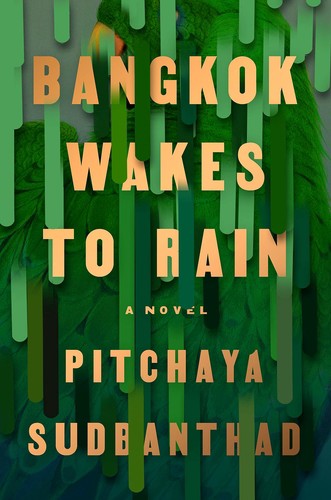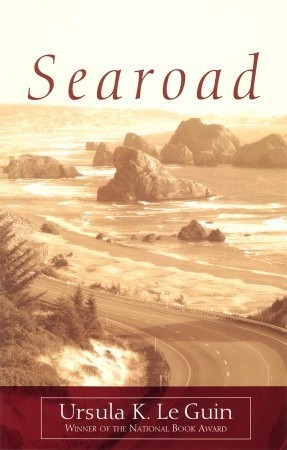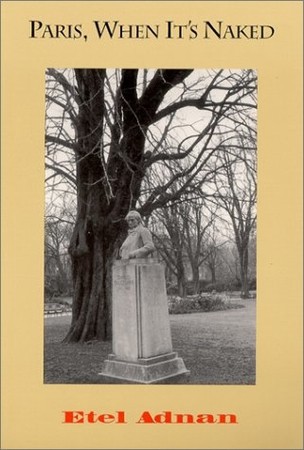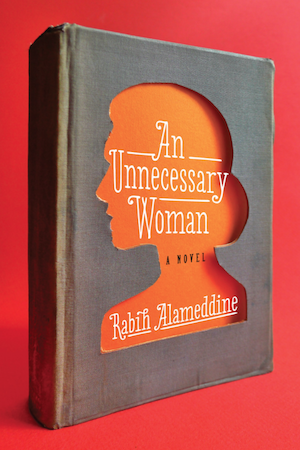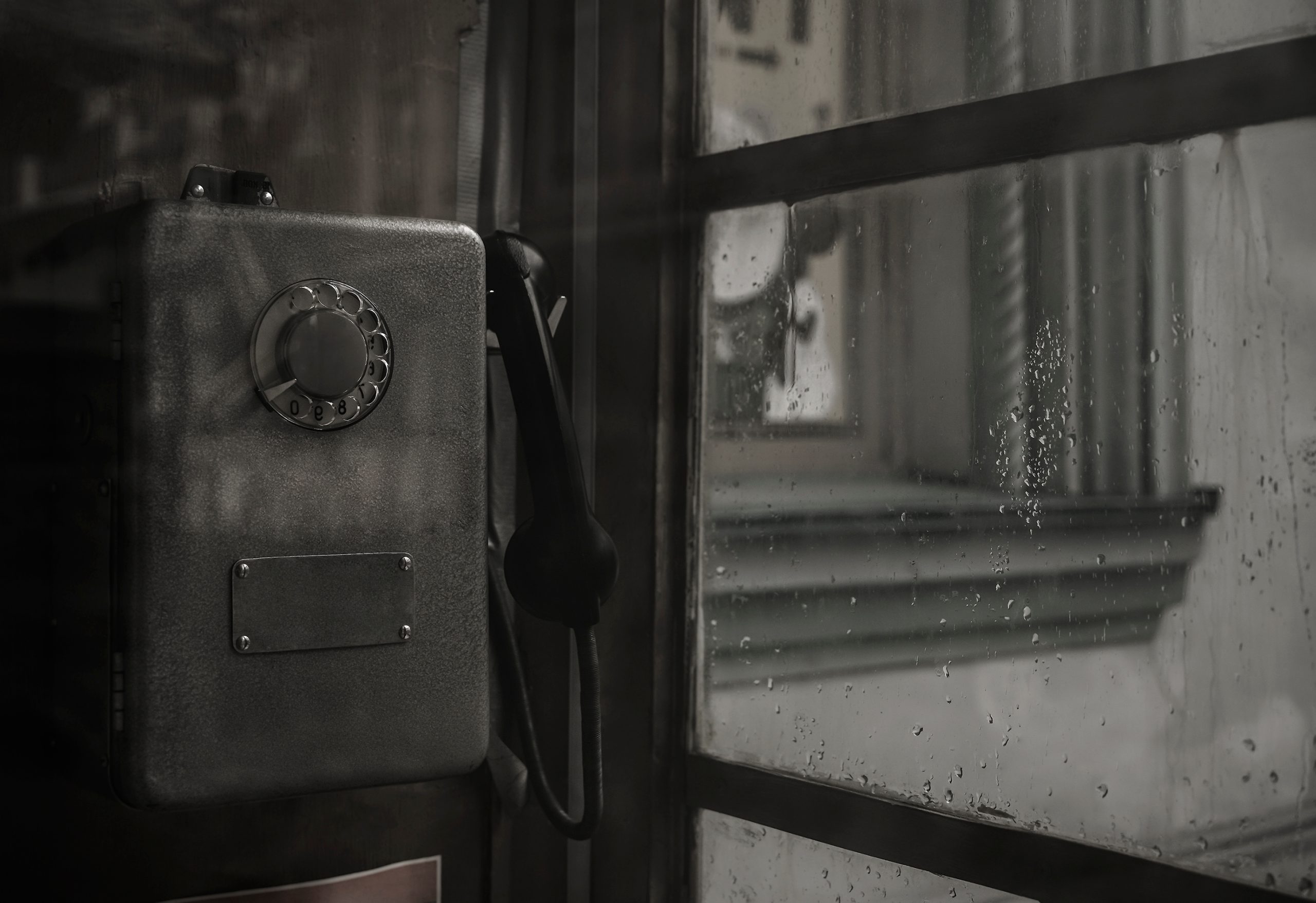Reading Lists
8 Place-Based Novels That Are as Good as a Trip Around the World
From a seaside Greek village to New York City, Pitchaya Sudbanthad recommends fiction that summons power from place

When writers get asked how their novel came to them, some might answer that a character spoke first or a sentence sounded to them, and for others, like me, we require an arrival of a place, or rather, our arrival to one. More often than not, a place to a writer involves double vision — of a public site in a physical world, with its palpable dirt and smells and history, and of its twin conjured from uncertain imagination and memory. It’s the dual life of any one place — perhaps a city or a house — that offers me the necessary energy for genesis.
My writing allows me my visitations to many places. I’m an eavesdropper and archivist; I go and return, bringing back leaves of documentation; a sack of coded images; the recording of conversations. I don’t think I’m alone or even a rarity in this travel. To me, many novels invite the reader farther into the narrative, by virtue of a place that feels as alive and necessary as the characters within them. I wrote my novel Bangkok Wakes to Rain in this way, letting my mind wander in
the city where I was born and hearing the city tell me stories. I arrived at the site of a house that, to me, became a theatrical stage where characters — from a self-exiled jazz pianist to a former student revolutionary — entered and left; I followed them, like a clandestine voyeur, across time and worlds, old and new.
Eudora Welty perhaps said it best:
It is through place that we put out roots, wherever birth, chance, fate or our traveling selves set
us down; but where those roots reach toward-whether in America, England or Timbuktu-is the deep and running vein, eternal and consistent and everywhere purely itself, that feeds and is fed by the human understanding.
Brandenburg, Germany: Visitation by Jenny Erpenbeck
In Thailand, we believe in entities called land spirits, who invisibly co-inhabit the places where we live. This novel by Jenny Erpenbeck feels like it could be told from the point-of-view of such an entity. Starting from the prehistory of the land, the narrative never veers from an estate in Brandenburg, Germany. From this fixed shot, we witness how its occupants — including an architect, a Jewish merchant family, and occupying Russian soldiers — come and go, no different from the plants that change, season after season. Only a gardener remains constant, dutiful to the grounds to the end.
The Azores Islands, Portugal: The Woman of Porto Pim by Antonio Tabucchi
I’ve never been to the Azores, but I feel as if I’ve glimpsed the heart of the islands through this slim book by Antonio Tabucchi. Told in fragments, Tabucchi’s mosaic portrait of a place and its fading culture pulls in dreamed mythologies of island gods, accounts of whaling that recall Melville’s, and stories of doomed love. Like the whales that they hunt, the seafaring people that Tabucchi tells of feel bound to the sea and its eternal drift.
Tokyo, Japan: Thousand Cranes by Yasunari Kawabata
I first read this novel when I was very young, and I think it was only after reading it much later did I appreciate how much Kawabata coiled into its pages. In the novel, an inherited place becomes a conduit for the past to re-manifest. A young man of high social status finds himself unable to escape the relationships and complexities left behind by his dead father. The drama unfolds quietly, the rites and objects of tea ceremonies fraught with tension at a tea cottage that serves almost as a stage set. The book paints a portrait of a Japanese society, like that of many other Asian countries, lurching towards modernity while caught in the inertial pull of the past.
A Fictional Town in Oregon: Searoad by Ursula K. Le Guin
Most people know Ursula K. Le Guin as a pioneer of science fiction and fantasy, but the first book I’d read of hers didn’t involve extraterrestrial worlds or wizardry. Searoad takes place at a fictional seaside town in Oregon and concerns the lives of its myriad residents. I feel that I’ve always been a fan of works that move through many narratives over time to create a fragmented view of a place. With these, a caution flag often flies up when it comes to the balance of depth vs. breadth. With Le Guin, no flag ever flew.
Three New Poems by Ursula Le Guin
Harlem, New York: Jazz by Toni Morrison
Amidst a very snowy winter in woodsy New Hampshire, the coldest weather I’d ever experienced as someone from the tropics, New York was the place most on my mind. Jazz was the reason. I’d borrowed the book from the artist colony library, and soon the collective soul of Harlem — the streets and buildings and multitudes of lives in a neighborhood — called out to me. The city and its multitudes are seemingly the voyeuristic storyteller of a love triangle gone fatally awry. I spent a lot of time by myself that winter, but when I opened up this book, I was never alone.
Paris, France: Paris When It’s Naked by Etel Adnan
Sometimes a worldly city is best captured not by a native but a transplant. Etel Adnan, originally from Beirut, offers a highly sensorial, flaneur-like account of a life in Paris. She defies any urge to satiate a touristic gaze of the city. Yes, it’s a romantic city but also one that exacerbates loneliness, “…a mixture of paradise and hell…” Protests seem to happen every day; there’s always something terrible in the news that sends the narrator’s mind overseas from the imperial capital; a Pan-Europe encroaches, unnerving this Parisian convert. No real discernible narrative is set in motion. Nothing is at stake but everything that a mind can contemplate in a changing place.
Beirut, Lebanon: An Unnecessary Woman by Rabih Alammedine
War brings devastation to a place, but to the narrator of Rabih Alammedine’s novel, that place, despite its scars and threats of violence, will always be home, like it or not. To her, “Beirut is the Elizabeth Taylor of cities: insane, beautiful, tacky, falling apart, aging, and forever drama laden.” It’s here, at the building that she refuses to leave — part of a wartorn cityscape in which the reader also comes to find deep familiarity — that she takes refuge into the worlds offered by Western literature and music. As with all recluses and isolationists, she cannot turn away a place and its community forever.
Gerolimenas, Greece: A Separation by Katie Kitamura
Although I haven’t read much of the mystery and whodunit genre, I could appreciate how Katie Kitamura’s novel turns what I know of mystery/thriller tropes on their heads. The book’s narrator goes to look for her missing husband at a seaside Greek village where he’d been studying funeral rites, but her search refuses to yield the usual procedural answers. The southern Greek landscape that she evokes, with spartan houses and land scorched from wildfires contrasting with a more luxurious resort for honeymooners, provides a seemingly extraterrestrial setting that turns the narrator into a strange visitor of a foreign place and her own autopsied history, with little that turns out to be knowable.




